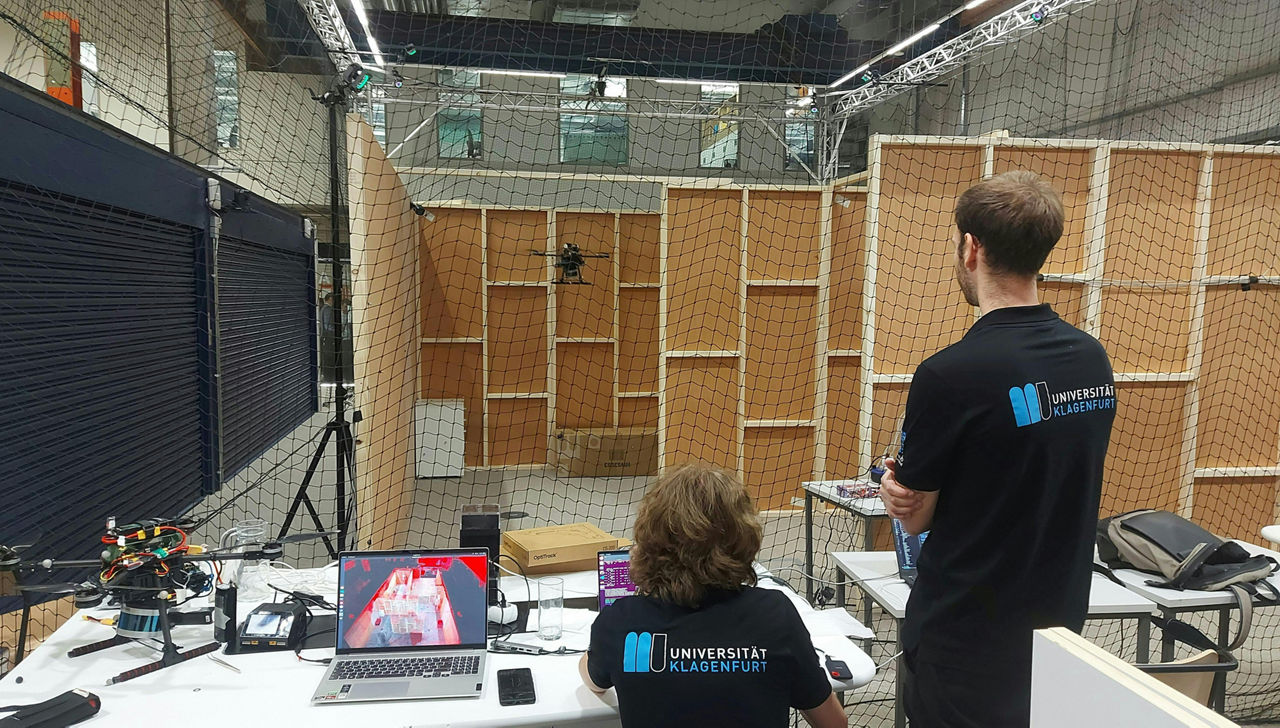Download NATO’s broadcast-quality video content free of charge

Log in
NATO MULTIMEDIA ACCOUNT
Access NATO’s broadcast-quality video content free of charge

Check your inbox and enter verification code
You have successfully created your account
From now on you can download videos from our website
Subscribe to our newsletter
If you would also like to subscribe to the newsletter and receive our latest updates, click on the button below.
Enter the email address you registered with and we will send you a code to reset your password.
Didn't receive a code? Send new Code
The password must be at least 12 characters long, no spaces, include upper/lowercase letters, numbers and symbols.
Your password has been updated
Click the button to return to the page you were on and log in with your new password.
From 6-10 July, four teams of seven researchers and professors from universities in the Netherlands, United Kingdom, United States and Austria challenged each other at the Huntsville UAS (Unmanned Aircraft System) and C-UAS (Counter UAS) test range in Alabama, as part of a competition supported by the NATO Science for Peace and Security (SPS) Programme.
The event, hosted by the University of Alabama in Huntsville (UAH), was the second of three competitions organised through the SPS-supported “SAPIENCE” initiative, which aims to demonstrate how autonomous drones that cooperate with each other may be used in crisis management scenarios.
Expanding in scope from the first competition, which took place on 29 and 30 August 2024 in an indoor arena in London, United Kingdom, the Huntsville event required participating teams to develop autonomous drones suitable for outdoor conditions and for a scenario grounded in local conditions: the aftermath of severe storms that generated several tornadoes, which are an annual occurrence in the southeastern United States.
A flight test range simulated just such a disaster scenario, and the four university teams were assigned tasks such as damage assessments of residential communities, search and rescue for victims, and the delivery of lifesaving medical supplies. They were encouraged to perform these tasks using multiple fully autonomous drones simultaneously, thus demonstrating innovative approaches to the technical challenges of autonomous multi-platform systems.
The third and final SAPIENCE competition will take place in 2026 in the Netherlands, where the four university teams will build on the lessons learned in London and Huntsville to complete tasks in a scenario combining indoor and outdoor conditions.


